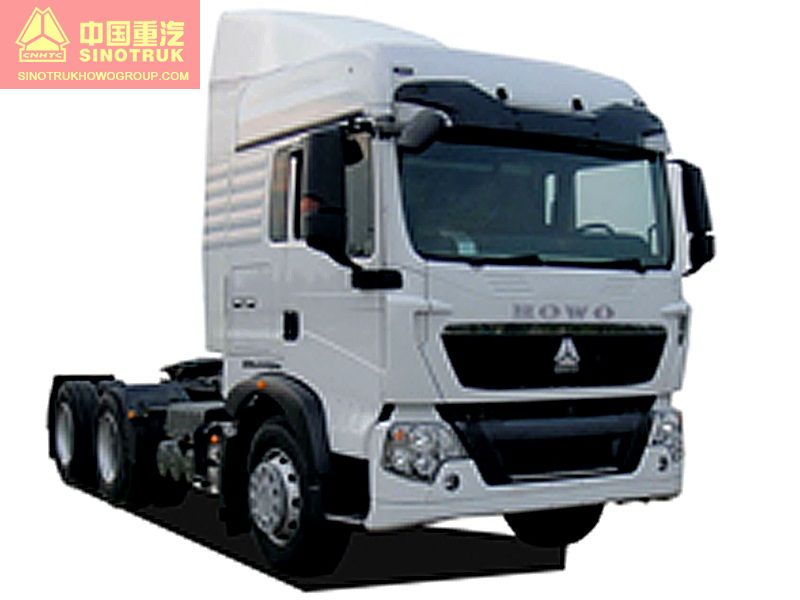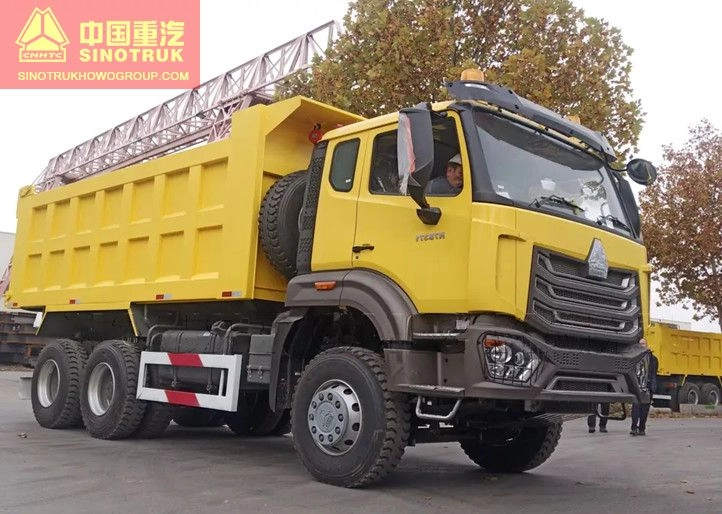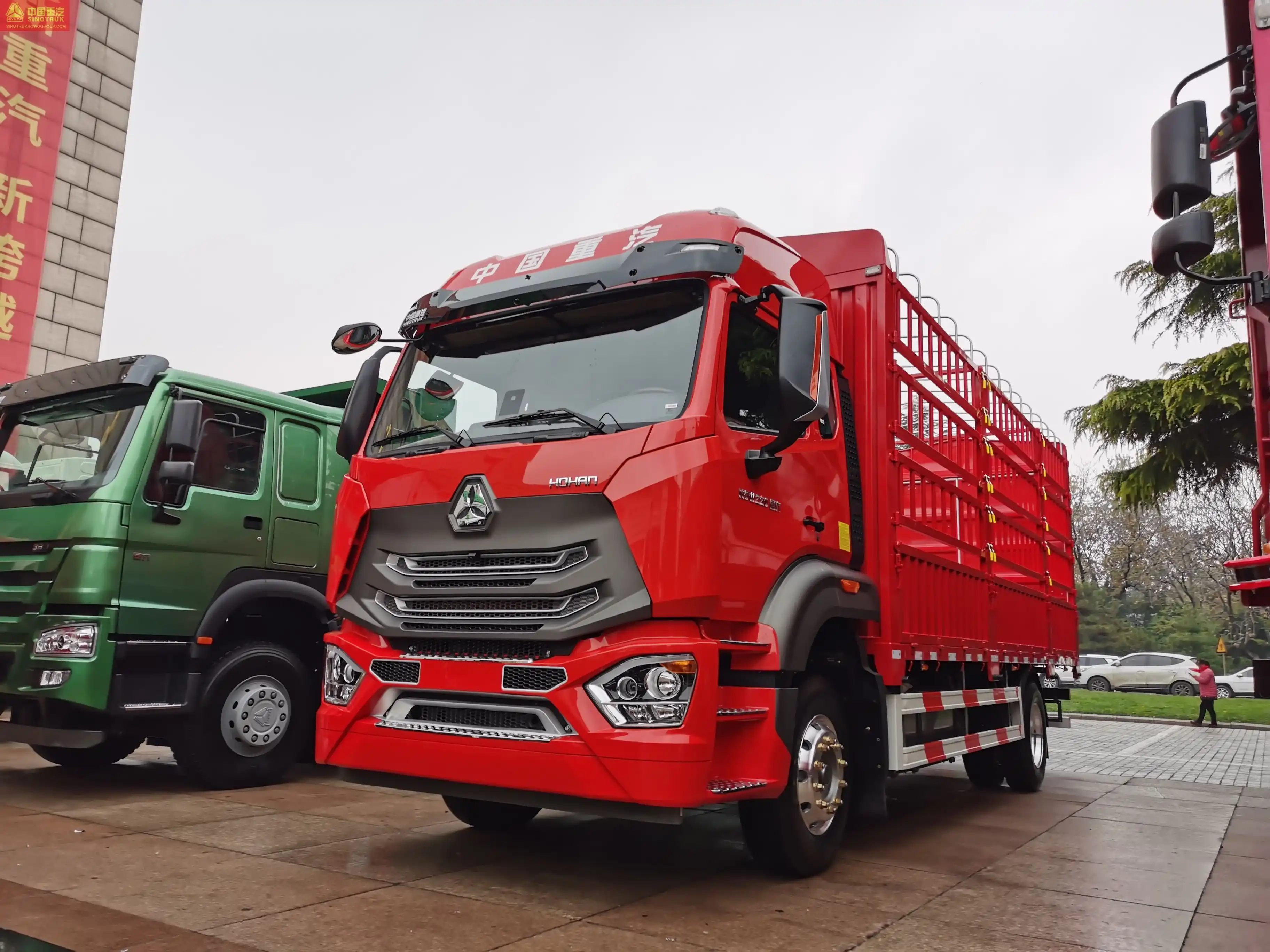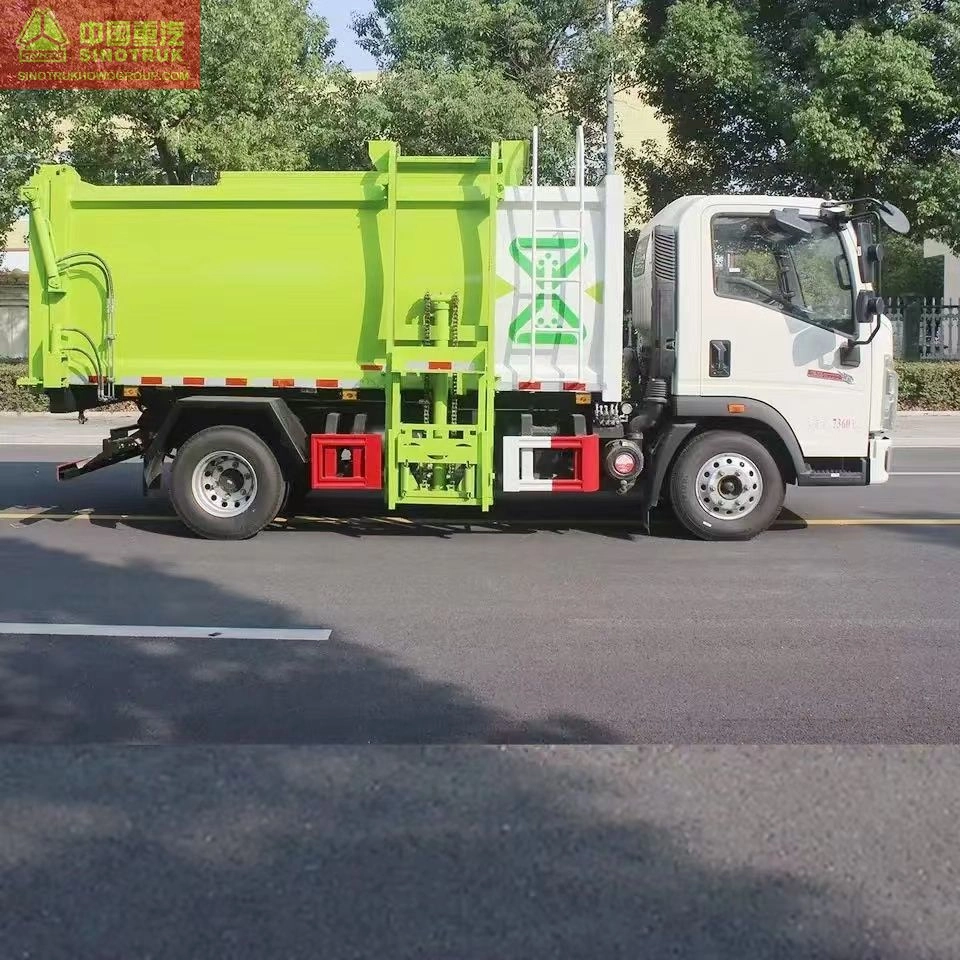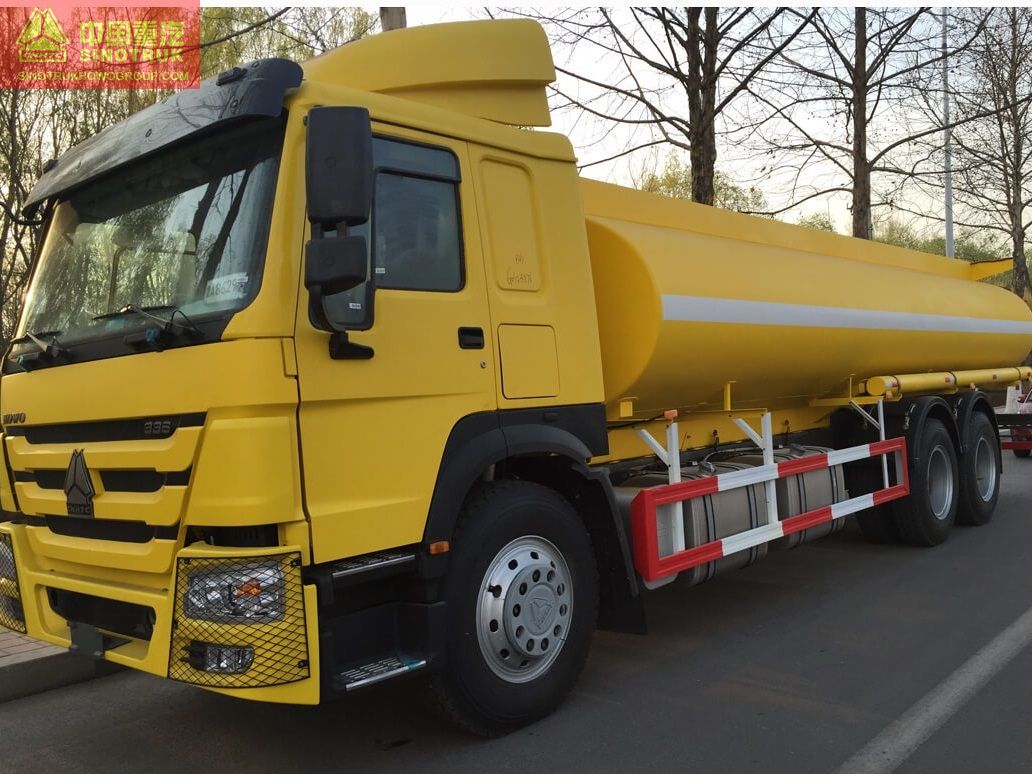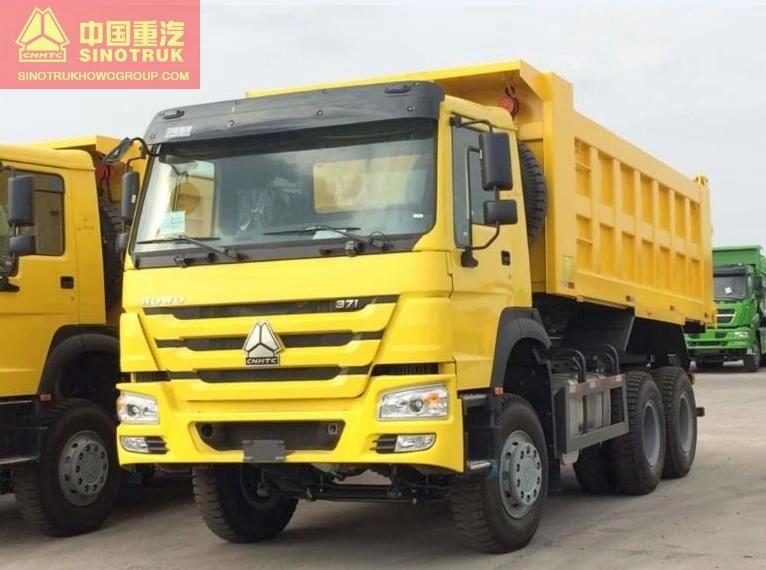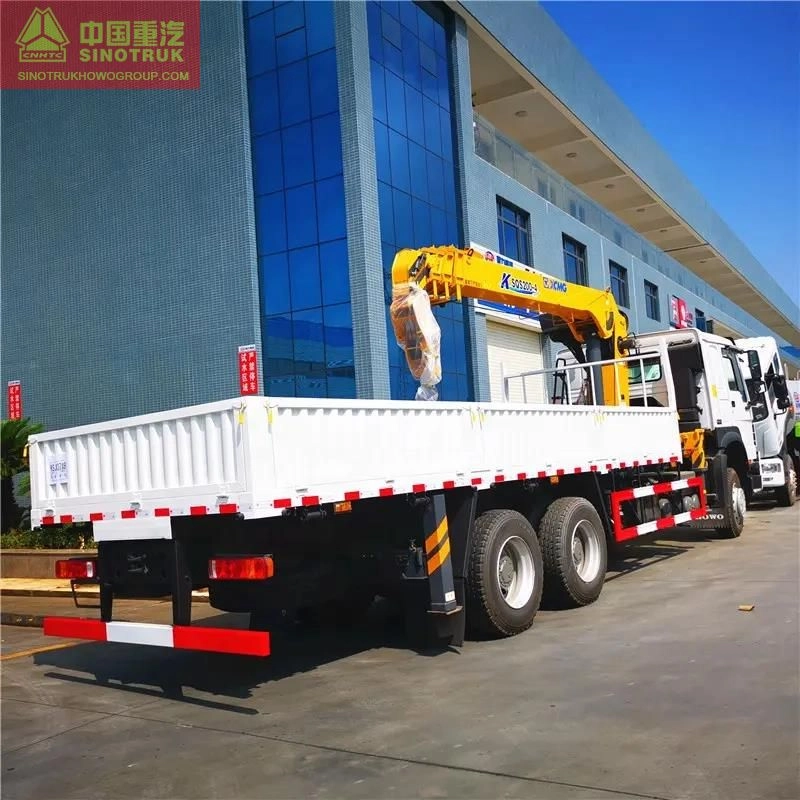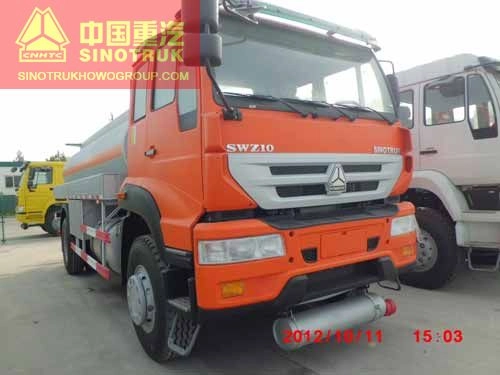fuel semi trailer,fuel tanker semi trailer
- Release time:05-09-2024
- Source:Sinotruk HOWO
Catalog overview:
Introduction to Fuel Tanker Trailers: The Vital Link in Logistics
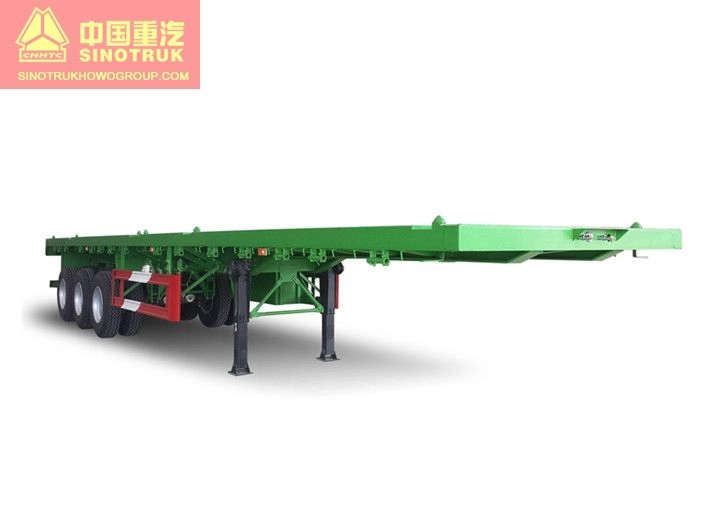
Fuel tanker trailers, also known as fuel semi-trailers, play a pivotal role in the transportation industry, serving as the backbone of fuel delivery systems worldwide. These specialized vehicles are designed to safely and efficiently transport large quantities of fuel, from gasoline and diesel to aviation fuel and lubricants, ensuring that our vehicles stay on the road and industries keep running smoothly.
Design and Functionality
Constructed with high-strength steel or aluminum for durability and weight optimization, fuel tankers are engineered to withstand the rigors of the road. They typically feature a cylindrical shape to minimize turbulence and maintain stability during transit. The interior is coated with a protective lining, such as epoxy, to prevent corrosion and ensure the purity of the fuel. The tanker's multiple compartments allow for the transportation of different types of fuel, catering to diverse needs.
Advanced Safety Features
Safety is paramount in the operation of fuel tankers. They are equipped with advanced safety features like automatic emergency valves, spill containment systems, and rollover sensors to minimize the risk of accidents. For instance, the Wabash National's DuraPlate? Combi tanker uses a combination of steel and composite materials to enhance structural integrity while reducing weight, contributing to improved fuel efficiency and safety.
Efficiency and Sustainability
In response to the growing demand for eco-friendly solutions, manufacturers are incorporating innovative technologies to enhance fuel tanker efficiency. Companies like Heil Trailer have introduced the EcoGuard, a lightweight, fuel-saving design that reduces carbon emissions. Furthermore, advancements in aerodynamics, such as streamlined tank shapes and improved fairings, contribute to reduced drag and increased fuel economy.
Regulations and Compliance
Operating a fuel tanker trailer involves strict adherence to local, national, and international regulations. Compliance with standards set by organizations like the Department of Transportation (DOT) and the Pipeline and Hazardous Materials Safety Administration (PHMSA) is essential. Regular inspections, proper training of drivers, and adherence to loading and unloading protocols ensure safety and minimize environmental impact.
The Indispensable Role of Fuel Tanker Trailers
fuel tanker trailers are more than just a mode of transportation; they are a critical link in the global supply chain. Their sophisticated design, advanced safety features, and commitment to sustainability make them an essential part of the modern logistics landscape. As the world continues to rely on fuel, the role of these specialized trailers will only become more crucial, ensuring the seamless delivery of energy to every corner of the globe.
fuel truck trailer
Introduction to Fuel Truck Trailers
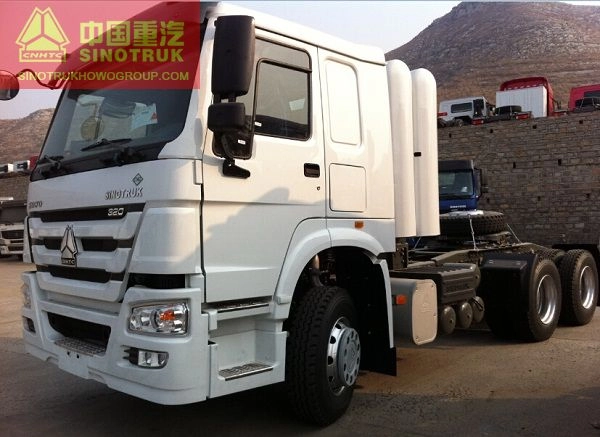
Fuel truck trailers, also known as tanker trailers, are an essential part of the transportation industry, serving as a critical link between oil refineries and distribution centers. These specialized vehicles are specifically designed to carry and transport large quantities of fuel, such as gasoline, diesel, or other flammable liquids, safely and efficiently.
Design and Functionality
Fuel truck trailers are constructed with high-strength steel or aluminum to ensure durability and resistance to corrosion. The tanker's design typically includes an inner shell to hold the fuel, an outer shell for structural integrity, and multiple compartments for different fuel types. The trailer is equipped with an advanced pumping system that allows for easy loading and unloading, along with safety features like pressure relief valves and emergency shut-off systems.
One notable example is the Kenworth T880S tanker, which combines a robust chassis with a streamlined tank design, maximizing fuel capacity while maintaining maneuverability. The tanker's sloped front and rear provide improved aerodynamics, reducing fuel consumption during transport.
Regulations and Safety Measures
Operating a fuel truck trailer involves strict adherence to safety regulations and guidelines. In the United States, the Department of Transportation (DOT) and the Pipeline and Hazardous Materials Safety Administration (PHMSA) oversee the safety standards for these vehicles. This includes regular inspections, proper placarding for hazardous materials, and mandatory driver training.
For instance, drivers must be certified in hazardous materials handling and must carry a Commercial Driver's License (CDL) with a hazardous materials endorsement. Additionally, the trailer must be equipped with fire extinguishers, spill kits, and other safety equipment.
Environmental Impact and Sustainability
With the growing concern for the environment, fuel truck trailers are also evolving to be more eco-friendly. Modern tankers feature improved insulation to minimize fuel evaporation, reducing greenhouse gas emissions. Furthermore, some manufacturers are exploring the use of alternative materials and technologies to enhance fuel efficiency and decrease the carbon footprint of these vehicles.
A pioneering example is the use of lightweight composites in the construction of tankers, like the Freightliner's Columbia Day Cab, which reduces the overall weight, thereby improving fuel economy.
The Future of Fuel Truck Trailers
As the transportation sector continues to evolve, fuel truck trailers will play a pivotal role in the distribution of energy resources. Ongoing advancements in technology, materials, and safety measures will ensure that these vehicles remain a reliable and efficient part of the global supply chain. From the intricate design of the tankers to the stringent regulations that govern their operation, the story of fuel truck trailers is one of innovation, safety, and a commitment to sustainable practices.
In the years to come, we can expect to see even more environmentally conscious solutions, smarter technologies, and increased automation in the world of fuel truck trailers, as the industry adapts to meet the challenges of a changing world.
fuel tanker semi trailer
Introduction to Fuel Tanker Semi Trailers
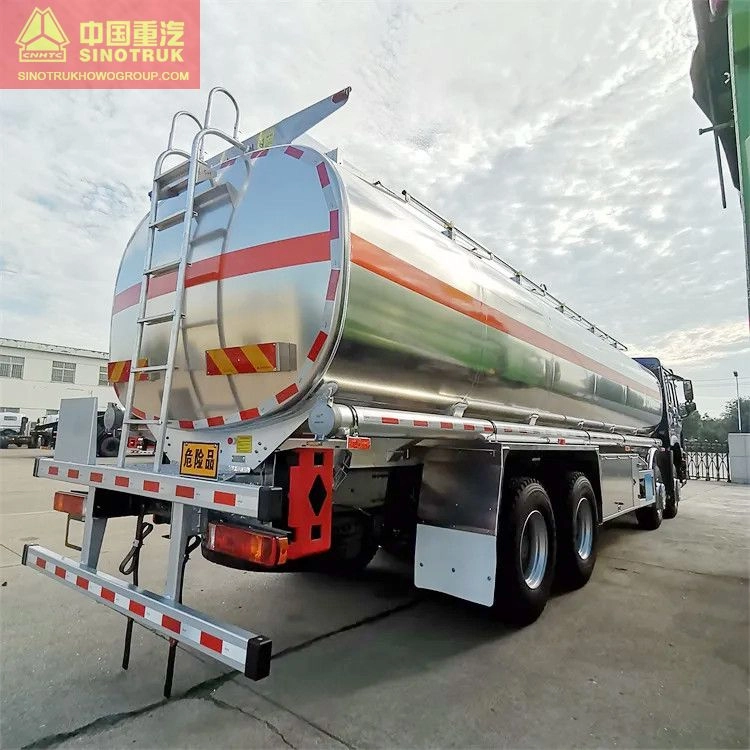
In the vast world of transportation, fuel tanker semi-trailers play a pivotal role, ensuring the seamless delivery of essential fuels from refineries to gas stations and other distribution points. These specialized vehicles are the backbone of the energy industry, combining efficiency, safety, and technological advancements to handle the demands of a global market. This article delves into the intricacies of fuel tanker semi-trailers, exploring their design, functionality, safety features, and the future of this crucial sector.
Design and Construction
Fuel tanker semi-trailers are meticulously crafted to withstand the rigors of the road and the demands of transporting hazardous liquids. They typically feature a high-strength steel or aluminum construction, offering a robust yet lightweight design. The tank's shape, often oval or cylindrical, is optimized for stability and to minimize fuel sloshing, reducing the risk of instability during transit. The interior is coated with a specialized lining to prevent corrosion and ensure the purity of the fuel being carried.
Key Features and Safety Measures
Safety is paramount in the world of fuel transportation, and tanker trailers are equipped with a range of features to ensure just that. These include high-pressure relief valves, which release excess pressure in case of a fire or extreme heat, and rollover protection systems to prevent spillage in the event of an accident. Additionally, tanker trailers are fitted with secure locking mechanisms for the loading and unloading process, and many are now equipped with advanced tracking systems to monitor location and fuel levels in real-time.
Operational Efficiency and Environmental Impact
Fuel tanker semi-trailers are designed to maximize efficiency, with streamlined designs that reduce drag and improve fuel consumption. Advanced technologies, such as aerodynamic enhancements and intelligent suspension systems, further boost performance. modern tankers are engineered to minimize environmental impact, with features like low-emission engines and spill prevention systems that protect the environment in the event of an accident.
The Future of Fuel Tanker Semi-Trailers
As the world shifts towards cleaner energy sources, the future of fuel tanker semi-trailers is likely to involve more electric and hybrid technologies. This could include electric-powered pumps for loading and unloading, as well as hybrid powertrains for the towing vehicles. Additionally, the integration of autonomous driving features and smart connectivity systems will enhance safety and operational efficiency.
A Vital Link in the Energy Chain
fuel tanker semi-trailers are not just vehicles but critical components in the global energy infrastructure. Their design, safety features, and operational efficiency make them indispensable for the transportation of fuels. As the industry evolves, so will these workhorses, embracing new technologies and sustainable practices to meet the changing demands of a dynamic world. The future of fuel tanker semi-trailers promises a safer, more efficient, and environmentally conscious approach to energy transportation.

